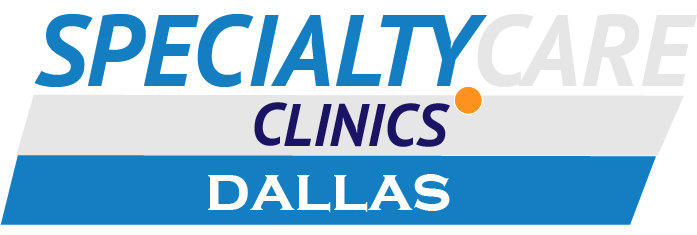Primary care is the cornerstone of modern healthcare systems, playing a pivotal role in promoting health, preventing disease, and managing chronic conditions. It serves as the first point of contact for individuals seeking medical attention and is essential for ensuring accessible, comprehensive, and continuous care throughout the life course.
The Role of Primary Care in Managing Illness
Primary care practitioners, such as family physicians, nurse practitioners, and internists, are equipped to address a wide range of health concerns. They provide preventive care, routine screenings, diagnosis, and treatment for common illnesses, as well as long-term management of chronic conditions like diabetes or hypertension. By focusing on early intervention and preventive measures, primary care helps reduce the severity of illnesses and prevents complications.

Core Functions of Primary Care
Primary care operates based on five core functions:
- First Contact Accessibility: Ensures timely and equitable access to healthcare services.
- Continuity: Builds trusted relationships between patients and providers for long-term care.
- Coordination: Integrates various healthcare services for seamless patient experiences.
- Comprehensiveness: Provides a full range of services addressing physical, mental, and social health needs.
- People-Centeredness: Empowers individuals to actively participate in their health decisions.
Benefits of Strong Primary Care Systems
Countries with robust primary care systems experience better health outcomes, lower healthcare costs, and greater equity in health services. These systems emphasize preventive care, reducing hospitalizations and emergency room visits by addressing health issues early on. Additionally, primary care strengthens the resilience of healthcare systems during public health emergencies by acting as a frontline response.
Challenges in Accessing Primary Care
Despite its importance, many individuals face barriers to accessing primary care. Globally, 57% of people lack full coverage of essential health services, while 26% encounter financial hardship when seeking care. Addressing these challenges requires investments in healthcare infrastructure and policies that prioritize universal health coverage.
Conclusion
Illness prevention and management through primary care are vital for sustainable healthcare systems. By fostering accessibility, continuity, and comprehensive care, primary care not only improves individual health outcomes but also enhances population health and reduces overall healthcare costs. Strengthening primary care should be a priority for achieving universal health coverage.
FAQs
1. What is primary care?
Primary care refers to routine healthcare services that address general ailments and promote overall well-being. It includes preventive measures, diagnosis, treatment, and chronic disease management.
2. Why is primary care important for managing chronic illnesses?
Primary care provides continuous monitoring and personalized treatment plans that help manage chronic conditions effectively while preventing complications.
3. How does primary care reduce healthcare costs?
By emphasizing preventive measures and early intervention, primary care minimizes hospitalizations and emergency visits, leading to significant cost savings.
4. What are the barriers to accessing primary care globally?
Financial hardship and lack of coverage are major barriers that prevent individuals from accessing essential primary care services.
5. How does primary care contribute to public health emergencies?
During crises like pandemics, primary care acts as a frontline response by ensuring continuity in essential healthcare services.
Step into a space where healing begins, prevention thrives, and your well-being always comes first. Visit us at https://sccdallas.co/ or call us at (214) 949-8918 to schedule an appointment today, Walkins & new appointments available.
